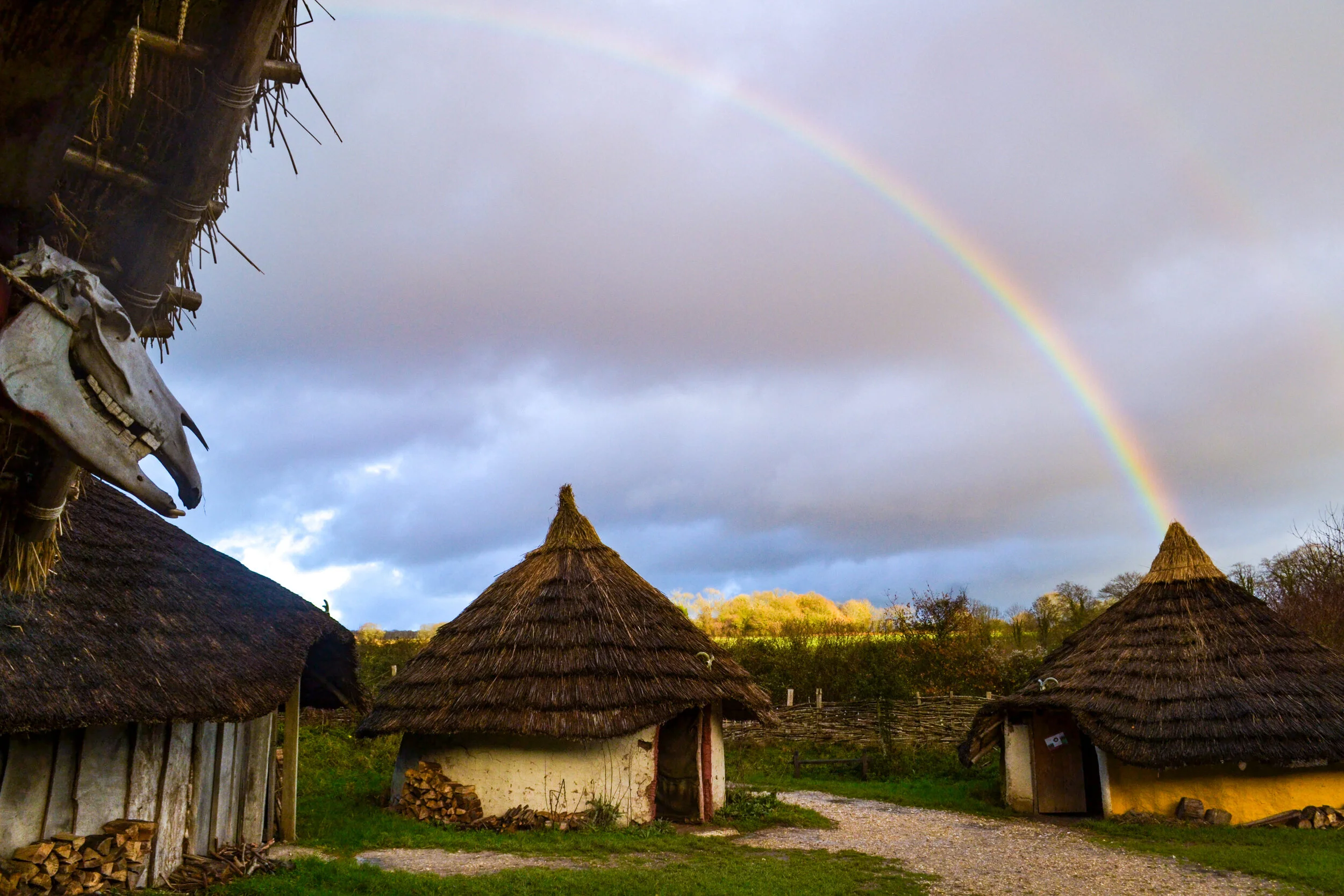
About Us
A short introduction to Butser Ancient Farm
Butser Ancient Farm is a not-for-profit Community Interest Company with a focus on education and research.
The buildings at the farm are all based on evidence from archaeological excavations, and we test theories about the technologies, building techniques and ways of life of ancient people by reconstructing elements of their homes and lives. This helps us to better understand, educate about and learn from the past. We welcome the public and educational groups to the farm year round, with special events and workshops connecting people to our ancient past in a hands on and fun way.
We welcome over 35,000 school children to visit us each year to learn about life in the past through hands-on practical activities.
We are open to visitors on special dates throughout the year and show a range of reconstructed buildings spanning the Stone Age, Iron Age, Roman and Anglo Saxon periods.
We have a number of ongoing research collaborations with academics, university departments and field archaeologists, primarily UCL Institute of Archaeology and Wessex Archaeology.
Our dedicated site and archaeology team are providers of regular work experience and training opportunities for students and young people.
The farm is a haven for wildlife, rare breed animals and historic gardens.
Our Heritage Engagement Coordinator builds partnerships with local scout and learning groups to inspire engagement with history through immersive experiences at our open-air museum.
We are a regular filming location for documentaries, TV dramas and films, most recently in 2019 Horrible Histories: The Movie and Sky TV’s fantasy drama Britannia.
Our dedicated events team and BookFest organiser host Butser BookFest celebrating historical fiction, fantasy, folklore and nature writing affordably for attendees in an immersive ancient setting, with fair support for authors at its heart.
We host regular events from storytelling to Celtic Festivals, concerts and re-enactments.
We have a comprehensive workshop programme, teaching and keeping alive ancient skills.
We have a dedicated, expanding volunteer team and are always looking for new people to join the team.
We regularly work with a range of local charities on projects for socially isolated individuals and groups to engage with nature and heritage.
Past and Future
The story of Butser Ancient Farm began with a decision in 1970 by the Council for British Archaeology to establish a working ‘ancient farm’ where archaeologists could experiment to test their theories on how people lived in Iron Age times. Work started on a trial site known as Little Butser in 1972, with the first public Open Day in 1974. The project was run by Dr Peter J Reynolds, a pioneer in the field of experimental archaeology.
Due to public interest the site soon moved and expanded, first to the nearby Valley of Hillhampton Down in 1976, and then to its current location at Bascomb Copse in 1991. A vital role was played in the following years by Christine Shaw, who handed the baton on to the new management team in April 2007. There is now an archive of all the material at the Hampshire Record Office with the accession number 63A05D3.
For more information about our journey over the past 50 years click here.
The farm is now run as Butser Education Community Interest Company (CIC), a not-for-profit company directed by Simon Jay. The farm is a world-renowned hub for archaeological research, carrying out pioneering experiments to understand how the people of ancient Britain lived. The site is also visited by over 35,000 schoolchildren a year who come for a fun and unique day out to learn about traditional skills, archaeology and Britain’s prehistory. Open to the public throughout the year and with increasing visitor numbers, the farm is developing into one of the top attractions in the country for lovers of history, wildlife, archaeology, animals, architecture and rural life.
We have ambitious plans for the future and the farm is ever changing, welcoming archaeologists, academics and students to join us to test theories about ancient life. We are also excited to continue our role in championing ancient skills and knowledge in future debates around sustainability and our impact on the planet. If you would like to support the work of the farm you can find out more and donate by clicking here, thank you.

